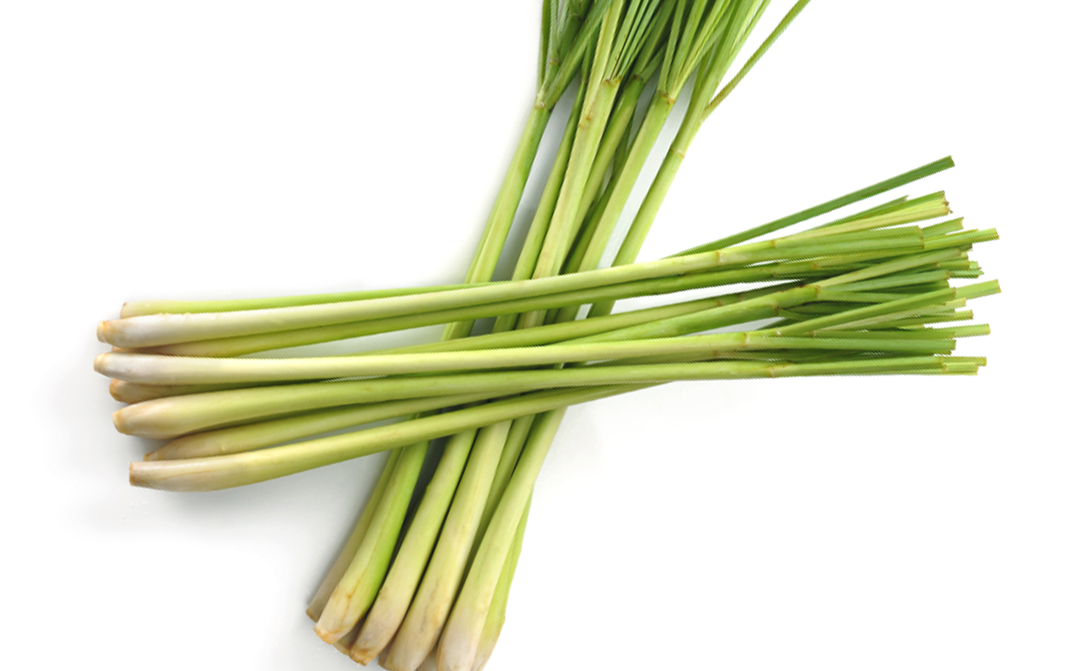


Lemongrass is a rich source of flavonoids and phenolic compounds, which contain antioxidants. It’s also an effective antibacterial and antifungal agent that contains anti-inflammatory and antioxidant properties. (1)
Lemongrass contains quercetin, a flavonoid known for having antioxidant and anti-inflammatory benefits. Quercetin reduces inflammation, which inhibits cancer cell growth and prevents heart disease. (1)
Lemongrass tea helps in flushing out toxins from the body and reduces edema and water retention. It is also good for pre and post menstrual issues. (2)
It is also beneficial for people suffering from Diabetes as it helps in lowering blood sugar levels. (2)
Look for firm stalks and lower stalks with pale yellow colour.
- Disclaimer
"Information here is provided for discussion and educational purposes only. It is not intended as medical advice or product or ingredient review/rating. The information may not apply to you and before you use or take any action, you should contact the manufacturer, seller, medical, dietary, fitness or other professional. If you utilize any information provided here, you do so at your own risk and you waive any right against Culinary Communications Private Limited, its affiliates, officers, directors, employees or representatives.”
Description
Lemongrass is a tall, perennial grass with lemony scent. It is a common ingredient in Thai cooking and can also be found in dishes from Indonesia, Sri Lanka, and India. In addition to its use as a flavoring agent, lemongrass and lemongrass essential oil are also used for medicinal purposes as well.The main component of this fragrant herb is lemonal or citral, which has antifungal and anti-microbial qualities.
It also contains antioxidants, flavonoids, and phenolic compounds such as luteolin, glycosides, quercetin, kaempferol, elemicin, catechol, chlorogenic acid, and caffeic acid.